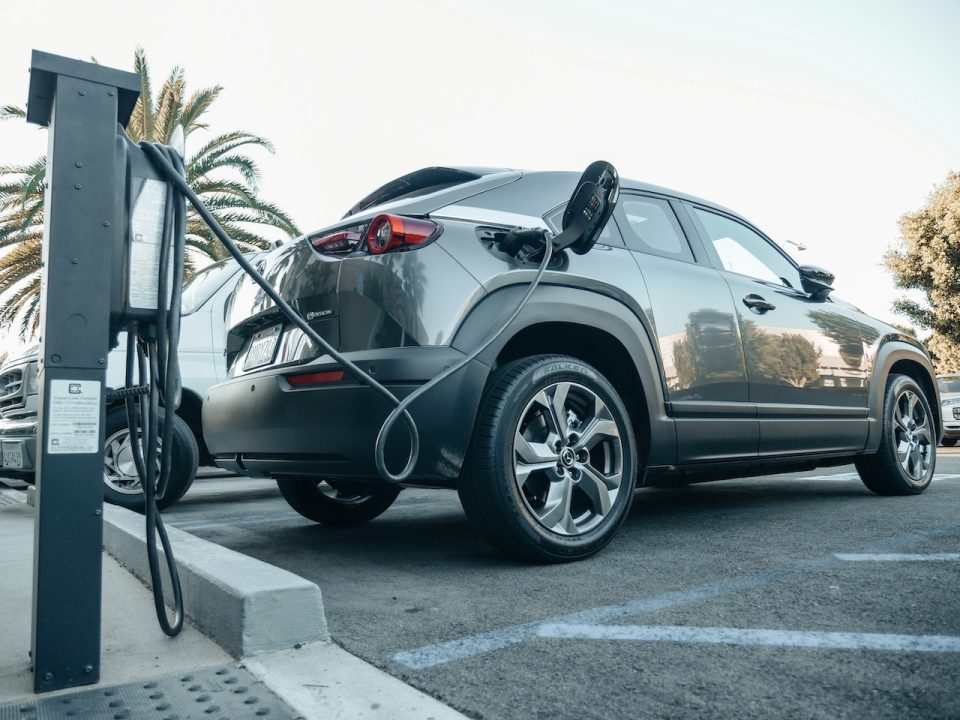Electric vehicles (EVs) are revolutionizing the automotive industry, redefining the very essence of technologies and manufacturing processes that have long defined industry giants like Ford, Toyota, and Volkswagen. As automakers strive to adapt, they face a notable lag behind Tesla and a cohort of pioneering EV players from China such as BYD and Xpeng.
This lag raises a pivotal question: Can European and U.S. automakers, in regions where governments are already planning to curb sales of new gas and diesel vehicles, rise to the challenge and deliver affordable EVs to meet escalating global demands?
Gene Munster, a managing partner at Deepwater Asset Management, predicts seismic shifts: “Ultimately, some of these car companies that have been the cornerstone of how we’ve thought about cars for the last 100 years will be a fraction of their size in future.”
A stark disparity in EV production numbers underscores this rift. In 2022, Tesla delivered a staggering 1.31 million battery EVs, while BYD’s sales skyrocketed to over 900,000 (nearly 1.86 million when plug-in hybrids are included). By comparison, Volkswagen Group, including Audi and Porsche, sold 572,100 battery electric vehicles, and Stellantis trailed at 288,000. Meanwhile, Toyota, Ford, and General Motors face even greater challenges in closing this gap.
The influx of new entrants has been buoyed by superior technology and lower production costs, a pivotal factor in enhancing affordability—an obstacle to widespread EV adoption according to a 2021 survey by the International Energy Agency (IEA).
China is emerging as the epicenter of the EV race, with Japan, South Korea, Europe, and the US automakers, erstwhile leaders, struggling to keep pace. Between 2015 and 2022, the market share of the world’s largest carmakers in electric car sales plummeted from over 55% to 40%, per the IEA. In contrast, the combined market share of Tesla and BYD surged from 20% to over 30%.
UBS forecasts a doubling of Chinese carmakers’ global EV market share from 17% to 33% by 2030, with European firms facing the brunt of this shift. Analysts at the investment bank underscored the impact on global players with high China exposure, particularly Volkswagen and General Motors.
In a bid to catch up to China, established automakers are funneling hundreds of billions into the EV transition. However, the return on these investments remains uncertain, as UBS analyst Patrick Hummel pointed out, citing a deficiency in the necessary in-house skillset.
Mounting expenses coincide with challenges posed by semiconductor shortages and supply chain disruptions. While car sales continue to languish below pre-pandemic levels, profit margins for EVs among established players remain meager.
Consumer demand, a linchpin of this transition, remains an open question. Volkswagen’s plans to temporarily halt production of some EV models in Germany next month due to weakened demand serve as a stark reminder of this uncertainty.
Ford, too, grapples with these challenges. In July, the company revised its EV business loss forecast for the year to $4.5 billion from an earlier projection of $3 billion, while also delaying its target to produce 600,000 EVs annually.
The prospect of improved pay deals for striking workers at Ford, General Motors, and Stellantis in the U.S. threatens to further erode the competitiveness of established automakers. If unions secure their demands, it could raise the cost of an average EV by $3,000 to $5,000, potentially undermining the future viability of the Big Three’s business models.
EV production costs, though less labor-intensive, are hampered by the high expense and scarcity of battery raw materials. China’s dominance in EV battery manufacturing and critical component supply further solidifies its lead.
In the face of mounting trade tensions and government efforts to reduce dependence on China, global automakers have found themselves navigating increasingly complex joint ventures with Chinese counterparts. Ford’s recent decision to pause work on a $3.5 billion Michigan factory, originally slated for EV battery production in collaboration with China’s CATL, exemplifies the evolving dynamics.
China’s stronghold on crucial EV raw materials and green energy transition safeguards its leading position. Restrictive controls on rare minerals essential for semiconductor production have further bolstered China’s position, even as the EU probes state support for Chinese EVs, raising concerns of unfair competition.
As Europe strives to reduce carbon emissions, the need for affordable EVs becomes imperative. Jato Dynamics’ 2022 report reveals that electric cars in China are nearly 40% cheaper than those in Europe, and 50% less expensive than in the U.S.
China’s foray into European manufacturing facilities mirrors its expansion into the U.S. market, where import duties for cars stand at 27.5%. Bill Ford, chairman of Ford, foresees this inevitability, affirming preparations for the impending competition from Chinese EVs.
In an industry at the precipice of transformation, established automakers grapple with mounting challenges, navigating a rapidly shifting landscape dominated by Chinese and Tesla’s unassailable lead. The stakes are high, and as the industry battles uncertainties on multiple fronts, the future of electric vehicles hangs in the balance.
Source: CNN

